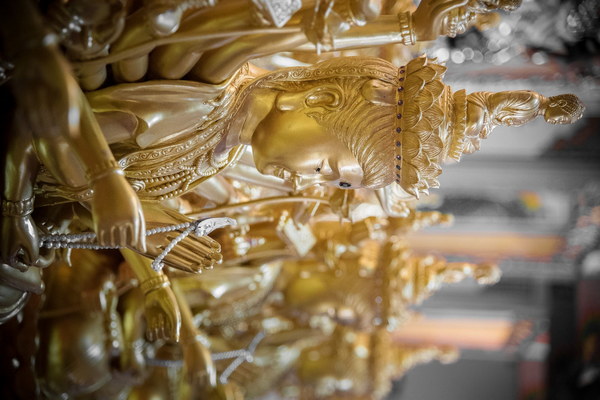Revitalizing Health and Well-being Exploring the Chinese Traditional Medicine Health Care Policy
In recent years, the Chinese government has been actively promoting traditional Chinese medicine (TCM) as a vital component of the national healthcare system. This initiative, known as the Chinese Traditional Medicine Health Care Policy, aims to integrate the principles and practices of TCM with modern medical science to provide a comprehensive approach to health promotion and disease prevention. This article delves into the details of this policy, its objectives, and the potential impact on the health and well-being of the Chinese population.
The Chinese Traditional Medicine Health Care Policy was first introduced in 2016, with the goal of strengthening the role of TCM in the country's healthcare system. The policy is based on the recognition that TCM has a unique set of principles and practices that can complement and enhance the effectiveness of conventional medicine. The main objectives of the policy are:
1. Promoting the development and utilization of TCM resources: The policy aims to enhance the collection, research, and utilization of TCM resources, including herbs, medicinal materials, and traditional techniques.
2. Integrating TCM with modern medicine: The policy encourages the integration of TCM and modern medicine in clinical practice, research, and education. This includes the development of new treatment methods that combine TCM and Western medicine.
3. Improving the quality of TCM services: The policy focuses on improving the quality of TCM services by enhancing the training and education of TCM professionals and establishing standardized clinical protocols.
4. Expanding the coverage of TCM insurance: The policy aims to increase the coverage of TCM insurance, making it more accessible to the general population.

One of the key aspects of the policy is the promotion of TCM as a preventive medicine. TCM emphasizes the importance of maintaining a balance between the body, mind, and spirit, and focuses on the early detection and treatment of diseases. This approach is in line with the growing global interest in holistic health and wellness.
The integration of TCM and modern medicine has led to the development of innovative treatment methods. For instance, researchers are exploring the potential of TCM in treating chronic diseases such as diabetes, hypertension, and cancer. The combination of TCM and Western medicine has shown promising results in reducing symptoms and improving the quality of life for patients.
The policy has also had a positive impact on the training and education of TCM professionals. The government has allocated funds to establish TCM colleges and universities, and to provide scholarships and grants to students pursuing a career in TCM. This has led to a significant increase in the number of qualified TCM practitioners, which in turn has improved the availability and quality of TCM services.
Furthermore, the policy has helped to expand the coverage of TCM insurance. Currently, many Chinese citizens have access to TCM insurance, which covers a range of TCM treatments and services. This has made TCM more affordable and accessible to the general population.
Despite the many benefits of the Chinese Traditional Medicine Health Care Policy, there are still challenges to be addressed. One of the main challenges is the lack of standardized clinical protocols for TCM treatments. This can make it difficult for healthcare providers to ensure the safety and efficacy of TCM treatments.
Another challenge is the need to increase public awareness and understanding of TCM. Many people in China still view TCM as a complementary rather than a mainstream form of medicine. Efforts to promote TCM as a legitimate and effective treatment option are essential to the success of the policy.
In conclusion, the Chinese Traditional Medicine Health Care Policy is a significant step towards improving the health and well-being of the Chinese population. By integrating TCM with modern medicine, improving the quality of TCM services, and expanding the coverage of TCM insurance, the policy has the potential to revolutionize the way healthcare is delivered in China. As the policy continues to evolve, it is important to address the remaining challenges and ensure that TCM is recognized and valued as a vital component of the country's healthcare system.









